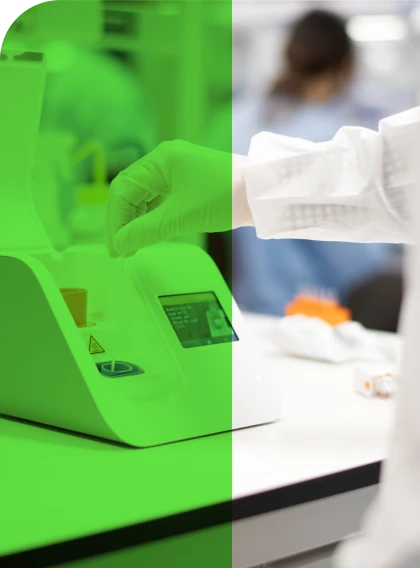Partner with CLSI and let us help your lab prepare for accreditation and regulatory review with proven and trusted hands-on training and mentorship.
We provide assessment services to create a customized program for your lab including in-person, online, and hybrid training in topics including laboratory fundamentals, Quality Management Systems (QMS), validation and verification protocols, risk management, standards implementation, and much more. We are committed to supporting laboratories around the world, helping them to achieve sustainable quality, improve testing outcomes, and deliver better treatment for patients with infectious disease.
Every program we undertake is customized to the specific regulatory requirements and needs of the labs we support through collaboration and customization. With almost 60 years of experience and projects in Africa, Asia, Europe, North and South America, we are ready to help your lab at any stage!


